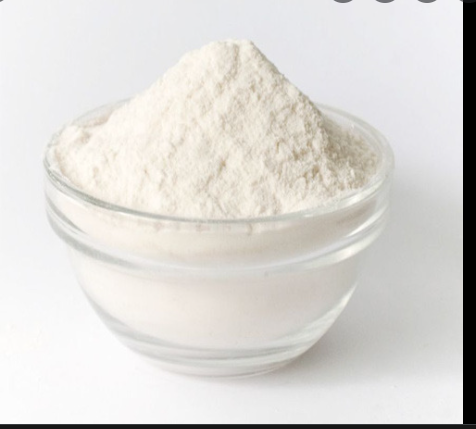Nairobians Are Back To Poshomills As Maize Flour Prices Still High

Since many people with moderately excellent resources have joined the line, the association with posho mills in Nairobi with individuals with fairly shallow wallets has long since vanished.
The middle class in Nairobi is being forced by the current economic climate to find innovative ways to keep their flour pots filled and their families’ bellies satisfied.
In fact, prices for necessities have skyrocketed in recent months, with 2 kg of maize flour fetching an absurd Sh230 or more.
Wananchi Reporting has learnt that many homes in Nairobi have had to go back to the posho mills.
Since the price of maize flour increased, Elizabeth Muthoni, a resident of the reasonably middle-class estate Imara Daima, has never purchased maize flour from a store.
Instead, she purchases maize at the market and then goes to the local posho mill to grind it.
“I find it better that way because I can buy a tin of maize for Sh150 and spend Sh30 on milling, the flour is also nutritious and heavy, which means a small piece of ugali is enough to fill a small stomach,” the mother of two told Wananchi Reporting.
Muthoni is not acting alone in the effort to minimize expenses. She claims that a few of her kin, acquaintances, and neighbors now frequent the posho-mill.
According to Wananchi reports, posho-mills are currently flourishing in a number of other estates.
In some estates, including Imara Daima, Komarocks, Umoja, Kaloleni, Maringo, and other locations, electric maize grinding machines are now becoming more prevalent.
Some millers claim that their equipment is constantly in use from 3 p.m. to 10 p.m.
Others, like Ann, prefer to purchase maize flour from posho millers due to the reasonable rates and the flour’s propensity to last for a long time.
“I sometime order dry maize from Tala where I come from because it is a little bit cheaper. Also, whenever I eat ugali made from sifted maize, I get hungry in no time,” she said with a smile.
Some families avoid paying for bread, which presently costs between Sh60 and Sh65, by eating whatever is left over with tea the following morning.
The posho-mills, which are grain stores inside estates that sell goods including maize, wheat, millet, and sorghum, are doing great.
“The demand for dry maize has gone up for the past two months. I think it is because the prices of cooking flour have gone up,” a cereals dealer at Church Army noted.
In many Nairobian households, maize flour is one of the most frequently consumed food items, making it a regular fixture on the tables.

 The Road to Victory: President Ruto’s Triumph in the August 2022 General Election
The Road to Victory: President Ruto’s Triumph in the August 2022 General Election  Finance Bill 2023- The Benefits
Finance Bill 2023- The Benefits  How Small Businesses Can Use AI to Increase Sales In Kenya
How Small Businesses Can Use AI to Increase Sales In Kenya  Not Today; Matiang’i’s Lawyer Says His Client Will Not Appear Before DCI Today
Not Today; Matiang’i’s Lawyer Says His Client Will Not Appear Before DCI Today  Senator Onyonka Urges President Ruto To Be Careful On How He Handles Matiang’i’s Case
Senator Onyonka Urges President Ruto To Be Careful On How He Handles Matiang’i’s Case  Form One Student Beaten To Death By Teachers Over Alleged Physics Exam Cheating
Form One Student Beaten To Death By Teachers Over Alleged Physics Exam Cheating